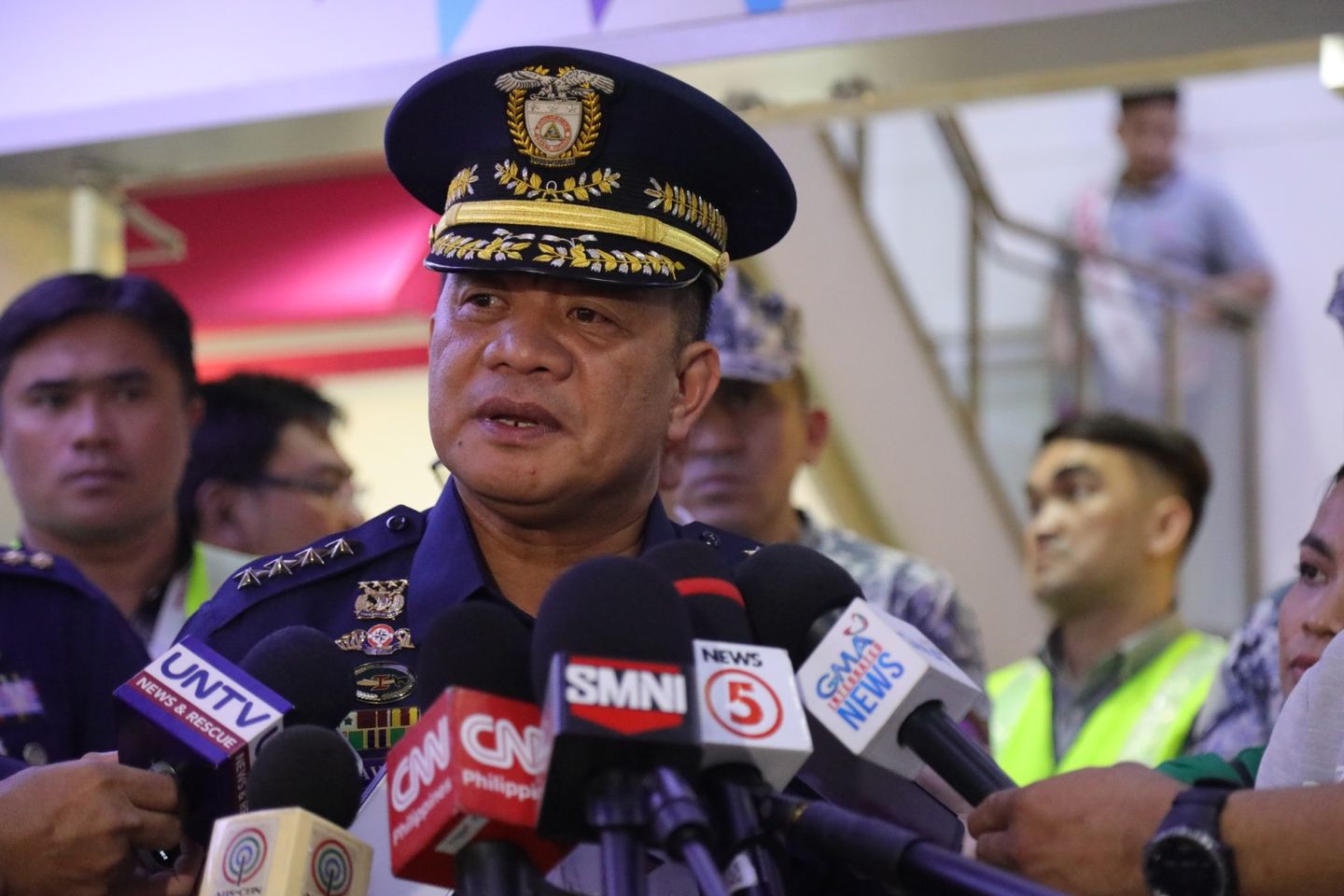Gavan: PCG had 'limited' role during the Ayungin resupply mission

The Philippine Coast Guard (PCG) had a “limited” role during the June 17 rotation and reprovision (RORE) mission in Ayungin (Second Thomas) Shoal which ended up being obstructed by the China Coast Guard (CCG).
Admiral Ronnie Gil Gavan, PCG Commandant, admitted this on Wednesday, June 19, when he accompanied Armed Forces of the Philippines (AFP) Chief, General Romeo Brawner Jr. to the Western Command (Wescom) in Palawan. With them were Philippine Navy (PN) Flag Officer in Command Vice Adm. Toribio Adaci Jr., and Wescom commander Rear Adm. Alfonso Torres.
Gavan said that the resupply mission was led by the AFP and the PCG’s role was to act as a “humanitarian element.”
“I think we did our part. We provided the rescue activity required, the medical aid, the towing of the boats which were destroyed. Our role was limited to that,” Gavan said in a press conference.
In the past RORE missions, the PCG had deployed patrol vessels to act as security escorts of the civilian boats that were chartered by the AFP to bring food and other supplies to troops manning the BRP Sierra Madre (LS-57) outpost in Ayungin Shoal.
They would usually protect the AFP supply boats from larger CCG and People's Liberation Army Navy (PLAN) ships, and maritime militia vessels. Sometimes, PCG ships would even suffer damage from the use of water cannon by the CCG.
But during the recent mission, the AFP used civilian boat ML Lapulapu and rigid hull inflatable boats by the PN, according to Adaci.
The CCG ended up illegally boarding the AFP boats, seizing seven rifles of the PN troops and several boat engines and motors, and destroying communication and other navigational equipment onboard, according to the AFP.
A Philippine Navy Special Operations Group (NAVSOG) personnel lost his right thumb when his boat was rammed by a Chinese rigid hull inflatable boat (RHIB).
Meanwhile, Gavan highlighted the role of the PCG’s female radio operators, dubbed as the “Angels of the Sea”, who led in the medical evacuation of the wounded AFP personnel.
“Our Angels of the Sea led in the communication with our counterparts from the China Coast Guard during the transportation of the patients from LS-57 which I think helped to deescalate the tension,” he said.